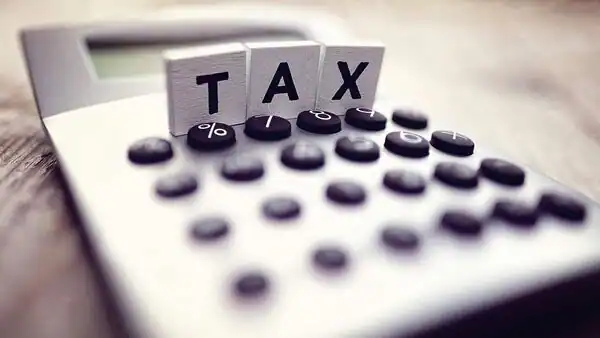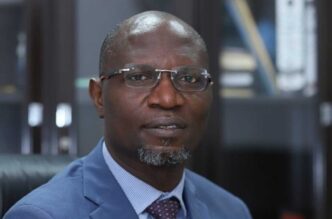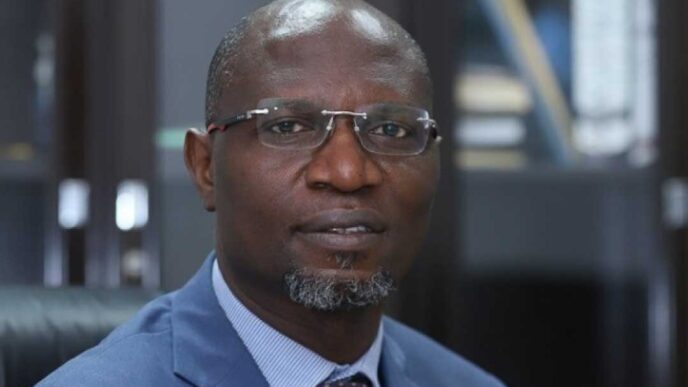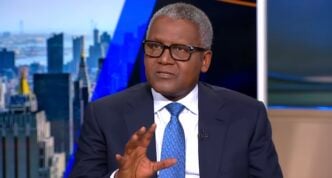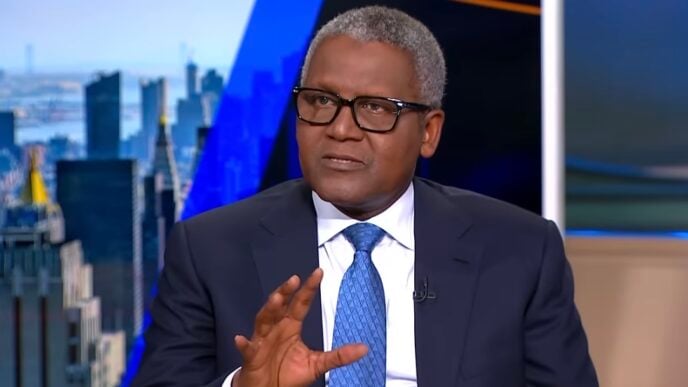Here are the seven top business stories you need to track this week — June 2 to June 6.
TINUBU SEEKS N’ASSEMBLY APPROVAL FOR $21.5 BILLION LOAN
President Bola Tinubu has written to the senate, requesting approval for a new external borrowing plan totalling over $21.5 billion.
Tinubu is also seeking the red chamber’s green light to issue federal government bonds worth N757.9 billion to settle outstanding pension liabilities under the contributory pension scheme (CPS).
Advertisement
The request was contained in two separate letters read during plenary on May 27 by Senate President Godswill Akpabio.
The president said the proposed move is part of the federal government’s 2025–2026 borrowing plan, which focuses on key sectors of the economy.
TINUBU ESTABLISHES CREDIT GUARANTEE COMPANY
Advertisement
President Bola Tinubu has established the National Credit Guarantee Company (NCGC), with an initial capital of N100 billion.
Tinubu also approved the constitution of the NCGC board, appointing Yakubu Dogara, former speaker of the house of representatives, as chairman.
Announcing the development in a statement on May 29, the presidency said the company is a transformative institution designed to de-risk lending and boost access to finance for micro, small, and medium enterprises (MSMEs).
The NCGC is also expected to serve small corporations, manufacturers, consumers, and large enterprises across Nigeria.
Advertisement
TINUBU SIGNS NEW EXECUTIVE ORDER IN ENERGY SECTOR
Tinubu has issued a new executive order (EO) to lower project costs, attract investment, and enhance revenues from oil and gas operations.
In a statement on May 29, the office of the special adviser to the president on energy said the order, tagged the ‘Upstream Petroleum Operations Cost Efficiency Incentives Order (2025)’, also caps tax credits to firms at 20 percent.
According to the statement, the EO introduces performance-based tax incentives for upstream operators who deliver “verifiable cost savings” aligned with defined industry benchmarks.
Advertisement
‘ONLY 19% OF NIGERIANS PAY TAXES’
Zacch Adedeji, the executive chairman of the Federal Inland Revenue Service (FIRS), says studies have shown that only 19 percent of Nigerians pay tax.
Advertisement
Adedeji spoke on May 27 at the launch of a book, titled ‘Taxation: Essential Knowledge for Nigerian Children by the FIRS’.
He said the book, written by Aderonke Atoyebi and Ejura Haruna, was fully supported by the FIRS to help educate the younger generation on the importance of tax payment.
Advertisement
NERC APPROVES N1.69 BILLION DEDUCTION FROM AEDC’s ACCOUNT
The Nigerian Electricity Regulatory Commission (NERC) has approved the deduction of N1.69 billion from the total annual operating expenditure of the Abuja Electricity Distribution Company (AEDC).
Advertisement
In its May 2025 supplementary order, the NERC said the deduction was due to the AEDC’s non-adherence to the “order on non-compliance with capping of estimated bills”.
“The Commission has approved the deduction of N1.69Bn from the total annual OpEx of AEDC effective September 2024, being 10% of the overbilled amount by AEDC for the period covering May—September 2023,” the report reads.
‘NIGERIA’S TAX REVENUE-TO-GDP RATIO ROSE TO 13.5% IN 2024’
In addition, Tinubu says his administration’s tax reform agenda is yielding results, with Nigeria’s tax revenue-to-gross domestic product (GDP) ratio rising from 10 percent to over 13.5 percent by the end of 2024.
Tinubu spoke on Thursday in commemoration of the second anniversary of his administration.
The president described the increase as “a remarkable leap in just one year”, adding that the improvement was driven by deliberate reforms in tax policy and administration.
‘NIGERIA’S N300BN SUKUK OFFERING OVERSUBSCRIBED BY 735%’
The Debt Management Office (DMO) says the federal government recorded a total of N2.2 trillion subscription from the N300 billion series VII sovereign Sukuk.
In a statement on May 28, the DMO said the figure represents an oversubscription of 735 percent.
The office said the milestone signals investors’ appetite for the financial instrument.
